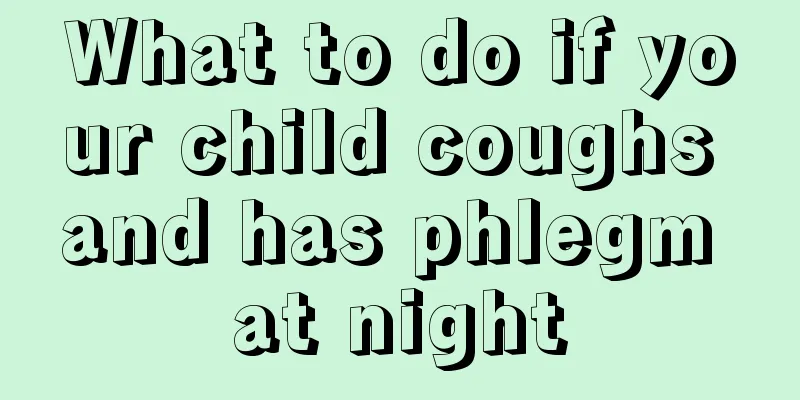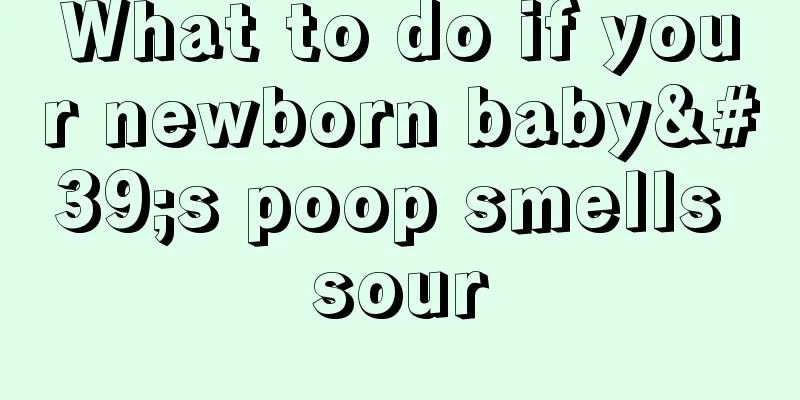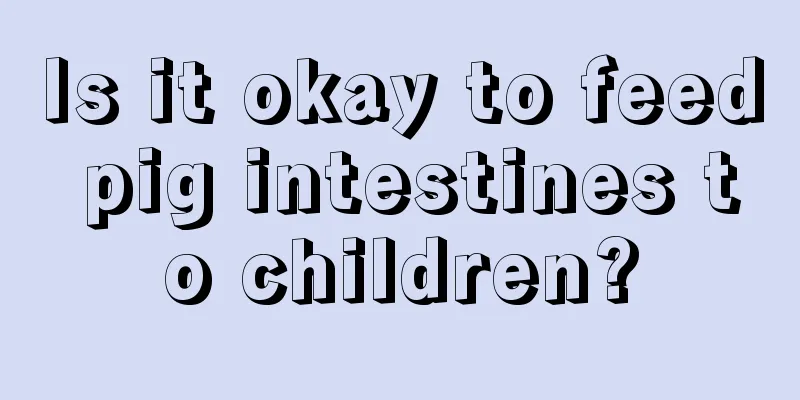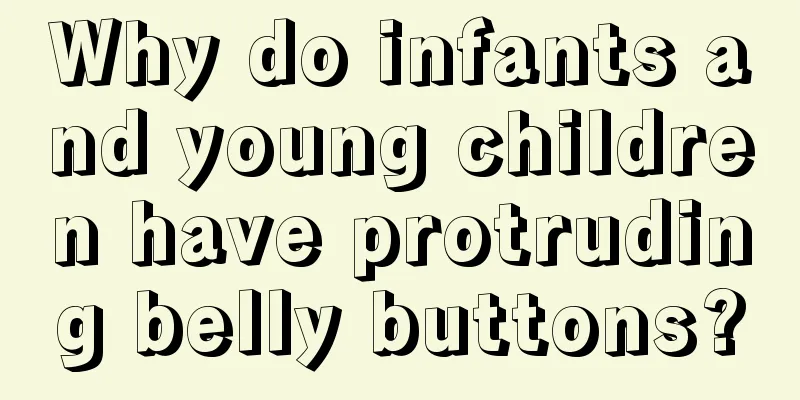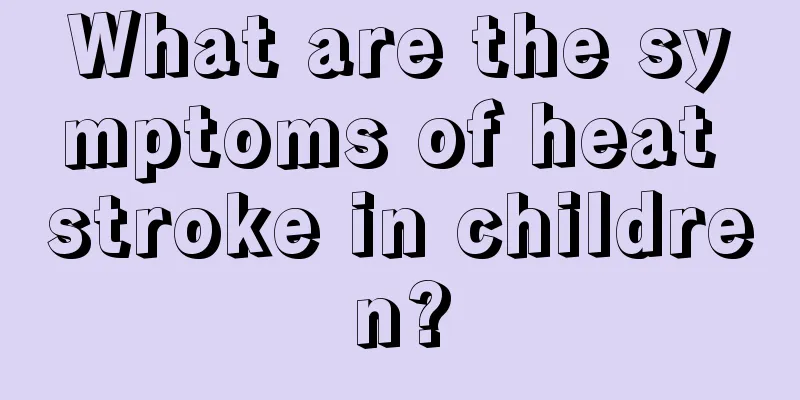Baby pneumonia does not cough
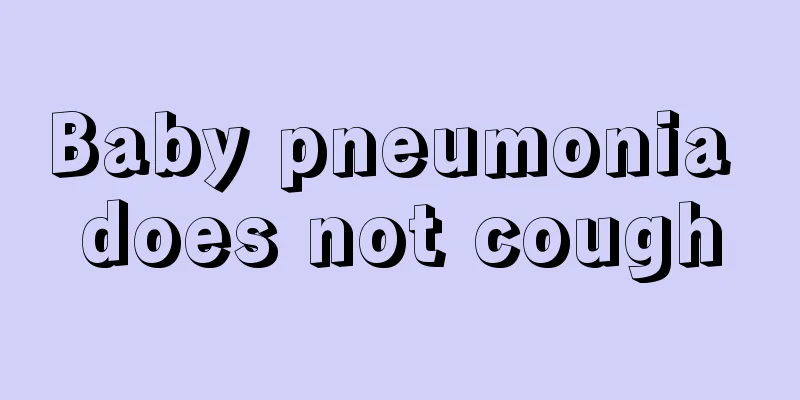
|
The physical condition of babies is not that good. If they are not paid attention to, they will develop some diseases. The most common one is pneumonia. However, many babies will not cry or cough too much even after developing pneumonia. In this case, parents will not be able to judge based on some symptoms, so the treatment will be delayed. 1. General symptoms There are symptoms such as fever, refusal to eat, irritability, shortness of breath, etc. The early body temperature is 38-39℃, and can be as high as 40℃. In addition to respiratory symptoms, children may also have systemic symptoms such as mental depression, irritability, loss of appetite, and diarrhea. Common symptoms in young infants include food refusal, choking, vomiting and breathing difficulties. 2. Respiratory symptoms (1) The cough starts with frequent irritating dry coughs, followed by phlegm sounds in the throat. Severe coughing may be accompanied by vomiting and choking on milk. (2) Respiratory symptoms and signs: shallow and rapid breathing, flaring of the nasal wing, and mild cyanosis around the mouth and nails in some children. Lung signs may not be obvious in the early stages, but small and medium-sized bubbling sounds may be heard later. When combined with pleural effusion, there may be percussion sound and/or disappearance of breath sounds. 3. Symptoms and signs of other systems (1) Circulatory system symptoms: Infant pneumonia is often accompanied by heart failure. If the child's heart rate increases to 160-200 beats/min, the liver enlarges or significantly enlarges in a short period of time, the child has pale complexion, cyanosis around the mouth, edema of the limbs, and oliguria, congestive heart failure should be considered. (2) Neurological symptoms: ① Irritability, drowsiness, staring, squinting, and upward eye movement. ② Drowsiness, even coma and convulsions. ③Conjunctival edema. ④Pupil changes, slow or absent reaction to light. ⑤Irregular breathing rhythm. ⑥ The anterior fontanelle is bulging and there are signs of meningeal irritation. When everything else about the cerebrospinal fluid is normal except for the increased pressure, it is called toxic encephalopathy. (3) Digestive system symptoms Children with pneumonia may experience decreased appetite, vomiting, diarrhea, and abdominal distension. In severe cases, the vomitus may be coffee-colored or bloody, and bowel sounds may disappear. Toxic intestinal paralysis and toxic hepatitis may occur. To prevent upper respiratory tract infections, pay attention to strengthening exercise and choose appropriate exercise methods according to age. When doing outdoor activities, remember to wear more clothes appropriately. When respiratory viruses are prevalent, do not take children to public places. Keep children away from contact when someone in your home has a cold. |
>>: Baby has diarrhea during the incubation period of pneumonia
Recommend
How many years should children with Kawasaki disease be reexamined?
Kawasaki disease is a common symptom among childr...
Treatment of lymphadenitis in children
I believe everyone knows the importance of lymph ...
At what age can babies eat pineapple?
Babies are different from adults. There are many ...
Is it hereditary that a 6 and a half year old still has low immunity?
In the eyes of many people, people often cannot d...
What are the symptoms of acute gastroenteritis in infants
Infants with acute gastroenteritis need to be tre...
Reasons why children sweat
It is summer now, so sweating has become a very n...
Eight-month-old baby fell on his forehead
If your eight-month-old baby falls on the forehea...
Large flat rashes on the child's body
Large bumps are generally suspected to be urticar...
How many times a day does a newborn baby eat milk?
Newborn babies are fragile in all aspects and the...
What are the consequences of brain hypoxia in children?
As we all know, the human brain needs a constant ...
Why do children wake up easily?
Children are easily awakened in the middle of the...
What should I do if the root of my deciduous tooth is broken?
For some people, their teeth may not fall out com...
What is the condition of breast pain in a 10-year-old girl
An aunt said that her 10-year-old child felt pain...
Is it necessary to test trace elements in children?
The biggest worry for every parent is the health ...
Why do children sweat at night?
Compared with adults, children may have more prob...
